A few days ago, Yunus indirectly criticized India for not commenting on the Bangladeshi government’s violence against quota reform protesters.
Dr. Muhammad Yunus, a Nobel laureate, took the oath as the chief adviser of Bangladesh's 17-member interim government on August 8. Shortly afterward, India's Prime Minister Narendra Modi was the first global leader to send his "best wishes" to Yunus.
I wish Professor Muhammad Yunus all the best as he takes on his new role.We hope things return to normal soon, with safety and protection for Hindus and all other minority communities.India is dedicated to collaborating with Bangladesh to achieve the common goals of peace, security, and development for both nations, Modi shared on X.
It might seem surprising that Modi would so warmly welcome someone who could be seen as an alternative to former Bangladesh Prime Minister Sheikh Hasina, with whom he has always had a strong relationship.
A few days ago, Yunus indirectly criticized India for not commenting on the Bangladeshi government’s violence against quota reform protesters.
Yunus told the media that it upsets him when India calls issues internal affairs. He said that if a brother's house is on fire, you can't just call it a personal matter, and diplomacy should have better ways to address these issues.
In an interview with NDTV, as reported by The Diplomat, Yunus said that destabilizing Bangladesh would impact surrounding areas, including Myanmar, the Northeast Indian states (the Seven Sisters: Arunachal Pradesh, Assam, Manipur, Meghalaya, Mizoram, Nagaland, and Tripura), and West Bengal.
Despite these comments, which some saw as "passive-aggressive" (expressing negative feelings indirectly rather than openly), Modi's gesture of welcoming Yunus seems to be the best approach, benefiting not only his Bharatiya Janata Party but also India as a whole.
It's well known that India has lost several close allies in neighboring countries in recent years. With Hasina's removal, India might also find it difficult to maintain its influence in Bangladesh, a country that critics say it has "taken for granted."
India has faced similar situations in the Maldives and Nepal, where anti-India feelings have increased, resulting in leaders who lean more towards China.
Bangladesh moving away from India is particularly concerning because it plays a crucial role in protecting India's eastern security (referring to the safety of India's eastern borders) and maintaining important connections with Southeast Asia (including countries like Thailand, Vietnam, Malaysia, and Singapore).If Bangladesh's new leadership aligns with parties that favor closer relations with China, the United States, and Pakistan, it could create significant challenges for India, which may not be fully prepared to address these issues.
India is re-evaluating how it maintains influence in Bangladesh. It aims to assert its presence while avoiding actions that could be seen as overstepping, which has previously led to bitterness among Bangladeshis.
Sending "best wishes" to Yunus could be a positive first step in putting India on the right track for now.
Yunus is highly respected and admired worldwide, especially in Western countries, and is currently very popular in Bangladesh.He was selected as the interim leader by the quota movement coordinators and has also gained unanimous support from Bangladesh’s other major political parties, including the Bangladesh Nationalist Party (BNP) and Jamaat-e-Islami.
The entire range of Bangladesh’s media is supporting Yunus to help "restore stability in the country."
However, there's a problem. It is well-known that India does not want the BNP or Jamaat to gain power in Bangladesh. This is because these parties have been historically against India, have supported rebel groups unfriendly to India, and prefer closer ties with China and Pakistan, which are strategic rivals of India.Their rise could disrupt the ongoing cooperation on trade, security, and regional connections that India has developed with the secular Awami League government under Hasina.
If these parties gain influence, it could threaten India's broader strategic interests in regional stability and security, especially in its northeastern states. This might lead to increased tensions and a shift away from the pro-India policies that have defined Bangladesh’s recent government.
Since Hasina's fall, the actions of the BNP and Jamaat have already shown their potential impact domestically. Activists and leaders from these parties have sought revenge against political opponents and have been involved in burning, vandalizing, and looting the homes and religious sites of Hindus and other minority groups.
The current coverage of the Bangladesh issue by Indian media shows a common belief in India that if the BNP or Jamaat come to power, Bangladesh might become a radical, fundamentalist state, which could lead to more terrorism.
Both the BNP and Jamaat have demanded that the interim government hold the next general election within three months. In contrast, Yunus wants the interim government to stay in power for at least three years.This disagreement could cause a major conflict between the interim government and the BNP-Jamaat soon.
If the general elections are held within three months, the BNP-Jamaat is likely to win most of the seats and form the government because there are no strong alternatives to challenge them.Bangladeshi citizens are not yet ready to choose beyond the Awami League or the BNP.
If the Yunus-led interim government focuses first on restoring law and order and then on reforming what some consider a fascist system (an authoritarian system that limits freedoms), making necessary constitutional changes instead of rushing to hold elections to bring back democracy, it could give student protesters and other new forces the chance to unite and create a new political party.
This could offer a real alternative to both the BNP and Jamaat, if not right away, then definitely in the next few years. The only way to stop the BNP-Jamaat from coming to power is to keep Yunus in his position as the chief adviser of the interim government for as long as needed.With his vast political experience and backing from strong foreign policy strategists, Modi is surely aware of this. It wouldn't be surprising if Modi becomes even more supportive of Yunus and his interim government soon.
![submenu-img]() 'Life is short': Rashmika Mandanna informs fans about recovery from accident, says 'don’t know if...'
'Life is short': Rashmika Mandanna informs fans about recovery from accident, says 'don’t know if...'![submenu-img]() Meet Indian man with Rs 954520 crore net worth, who is likely to become a trillionaire after...
Meet Indian man with Rs 954520 crore net worth, who is likely to become a trillionaire after...![submenu-img]() This actor was called Amitabh Bachchan of Punjabi cinema, did 300 films, spent last days in old-age home, died penniless
This actor was called Amitabh Bachchan of Punjabi cinema, did 300 films, spent last days in old-age home, died penniless![submenu-img]() SK Fortune Group is Changing Pune’s Skyline with new high-rise buildings
SK Fortune Group is Changing Pune’s Skyline with new high-rise buildings![submenu-img]() 2000 cops, chopper, thermal imaging: How 'owner of the Universe' was arrested
2000 cops, chopper, thermal imaging: How 'owner of the Universe' was arrested![submenu-img]() Manipur Violence: मणिपुर में स्थिति बिगड़ी, RAF को बुलाया गया, 15 सितंबर तक के लिए इंटरनेट बंद
Manipur Violence: मणिपुर में स्थिति बिगड़ी, RAF को बुलाया गया, 15 सितंबर तक के लिए इंटरनेट बंद![submenu-img]() Omar Abdullah को हराकर सांसद बने Rashid Engineer को जमानत मिली, Jammu-Kashmir Assembly Elections के बाद लौटेंगे जेल
Omar Abdullah को हराकर सांसद बने Rashid Engineer को जमानत मिली, Jammu-Kashmir Assembly Elections के बाद लौटेंगे जेल![submenu-img]() वि�नेश फोगाट के खिलाफ कैप्टन बैरागी... हरियाणा में BJP ने जारी की दूसरी लिस्ट, दो मुस्लिमों को भी दिया टिकट
वि�नेश फोगाट के खिलाफ कैप्टन बैरागी... हरियाणा में BJP ने जारी की दूसरी लिस्ट, दो मुस्लिमों को भी दिया टिकट![submenu-img]() Devara Part 1 trailer: खून-खराबा और खूब सारा एक्शन, Junior NTR की फिल्म का ये Video उड़ा देगा आपके होश
Devara Part 1 trailer: खून-खराबा और खूब सारा एक्शन, Junior NTR की फिल्म का ये Video उड़ा देगा आपके होश![submenu-img]() शिवलिंग पर बिच्छू... PM मोदी पर टिप्पणी मामले में शशि थरूर को बड़ी राहत, SC ने कार्यवाही पर लगाई रोक
शिवलिंग पर बिच्छू... PM मोदी पर टिप्पणी मामले में शशि थरूर को बड़ी राहत, SC ने कार्यवाही पर लगाई रोक![submenu-img]() Hyundai Alcazar facelift launched in India: Check price, design and other features
Hyundai Alcazar facelift launched in India: Check price, design and other features![submenu-img]() Jawa 42 FJ vs Royal Enfield Classic 350: Price, engine, specs compared
Jawa 42 FJ vs Royal Enfield Classic 350: Price, engine, specs compared ![submenu-img]() Bhavish Aggarwal’s Ola Electric set to challenge Mahindra, Bajaj as his company plans to launch…
Bhavish Aggarwal’s Ola Electric set to challenge Mahindra, Bajaj as his company plans to launch…![submenu-img]() Skoda-Auto Volkswagen India to invest Rs 15000 crore to set up EV plant in…
Skoda-Auto Volkswagen India to invest Rs 15000 crore to set up EV plant in…![submenu-img]() Hyundai Venue E+ with electric sunroof launched in India; price starts at Rs…
Hyundai Venue E+ with electric sunroof launched in India; price starts at Rs…![submenu-img]() Meet man, who left Rs 2800000 salary job, then cracked UPSC exam with AIR 171, became...
Meet man, who left Rs 2800000 salary job, then cracked UPSC exam with AIR 171, became...![submenu-img]() Meet Rashi Bagga, hired for record-breaking package, had rejected Rs 14 lakh job, not from IIT, IIM…
Meet Rashi Bagga, hired for record-breaking package, had rejected Rs 14 lakh job, not from IIT, IIM…![submenu-img]() Meet man, who worked as daily wager, cracked NEET exam with AIR...
Meet man, who worked as daily wager, cracked NEET exam with AIR...![submenu-img]() SSC CGL 2024 exam begins today: Check important guidelines, other details here
SSC CGL 2024 exam begins today: Check important guidelines, other details here![submenu-img]() Meet woman who cleared UPSC exam in 1st attempt at 21, got AIR 13 without coaching, but didn’t become IAS, IPS due to...
Meet woman who cleared UPSC exam in 1st attempt at 21, got AIR 13 without coaching, but didn’t become IAS, IPS due to...![submenu-img]() Kolkata Doctor Case: TMC MP Jawhar Sircar To Resign From Rajya Sabha Over Kolkata Doctor Rape-Murder
Kolkata Doctor Case: TMC MP Jawhar Sircar To Resign From Rajya Sabha Over Kolkata Doctor Rape-Murder![submenu-img]() Mumbai: Fire Breaks Out At Times Tower In Mumbai, 9 Fire Units Deployed
Mumbai: Fire Breaks Out At Times Tower In Mumbai, 9 Fire Units Deployed![submenu-img]() 'Dharavi Project Is About Restoring Dignity...', Says Gautam Adani | Dharavi Redevelopment Project
'Dharavi Project Is About Restoring Dignity...', Says Gautam Adani | Dharavi Redevelopment Project![submenu-img]() Kolkata Doctor Case: CBI Visits RG Kar, Seizes Documents On Funds Used During Sandip Ghosh’s Tenure
Kolkata Doctor Case: CBI Visits RG Kar, Seizes Documents On Funds Used During Sandip Ghosh’s Tenure![submenu-img]() Giriraj Singh Attacked: Union Minister Giriraj Singh Assaulted In Begusarai, Bihar; Accused Arrested
Giriraj Singh Attacked: Union Minister Giriraj Singh Assaulted In Begusarai, Bihar; Accused Arrested![submenu-img]() Meet Indian man with Rs 954520 crore net worth, who is likely to become a trillionaire after...
Meet Indian man with Rs 954520 crore net worth, who is likely to become a trillionaire after...![submenu-img]() Meet Indian man with Rs 73040 crore net worth, who is set to build India's 'biggest' mall in...
Meet Indian man with Rs 73040 crore net worth, who is set to build India's 'biggest' mall in...![submenu-img]() Meet Indian man who ran away from house at 12, worked as tailor, now owns Rs 17000 crore company which is world’s best…
Meet Indian man who ran away from house at 12, worked as tailor, now owns Rs 17000 crore company which is world’s best…![submenu-img]() Meet man who worked as salesman at 13, borrowed Rs 10000 to build Rs 32000 crore firm, now one of India’s richest with..
Meet man who worked as salesman at 13, borrowed Rs 10000 to build Rs 32000 crore firm, now one of India’s richest with..![submenu-img]() Mistakes To Avoid When Leading A Company Through Digital Transformation – The Experience Of Nikhil Badwaik
Mistakes To Avoid When Leading A Company Through Digital Transformation – The Experience Of Nikhil Badwaik![submenu-img]() Made in Rs 63 crore, this film was called next Gadar, superstar wrote movie 20 years ago, it became major flop, earned..
Made in Rs 63 crore, this film was called next Gadar, superstar wrote movie 20 years ago, it became major flop, earned..![submenu-img]() This actress worked as telephone operator, became Bollywood superstar despite not knowing Hindi; her film was banned...
This actress worked as telephone operator, became Bollywood superstar despite not knowing Hindi; her film was banned...![submenu-img]() 7 countries with most UNESCO World Heritage sites; check how many India has
7 countries with most UNESCO World Heritage sites; check how many India has![submenu-img]() Top five anti-ageing skincare secrets by Nita Ambani
Top five anti-ageing skincare secrets by Nita Ambani![submenu-img]() India's longest-running TV show has been on air for 57 years, has 16000 episodes; not KBC, CID, Taarak Mehta, Bigg Boss
India's longest-running TV show has been on air for 57 years, has 16000 episodes; not KBC, CID, Taarak Mehta, Bigg Boss![submenu-img]() SK Fortune Group is Changing Pune’s Skyline with new high-rise buildings
SK Fortune Group is Changing Pune’s Skyline with new high-rise buildings![submenu-img]() Delhi court sends AAP MLA Amanatullah Khan to 14-day judicial custody in...
Delhi court sends AAP MLA Amanatullah Khan to 14-day judicial custody in...![submenu-img]() First case of Mpox confirmed in India, patient put under isolation
First case of Mpox confirmed in India, patient put under isolation![submenu-img]() Rameshwaram Cafe blast: NIA files chargesheet against four accused
Rameshwaram Cafe blast: NIA files chargesheet against four accused![submenu-img]() Weather Update: IMD issues red alert for heavy rainfall in Odisha, other states; check full forecast for this week
Weather Update: IMD issues red alert for heavy rainfall in Odisha, other states; check full forecast for this week




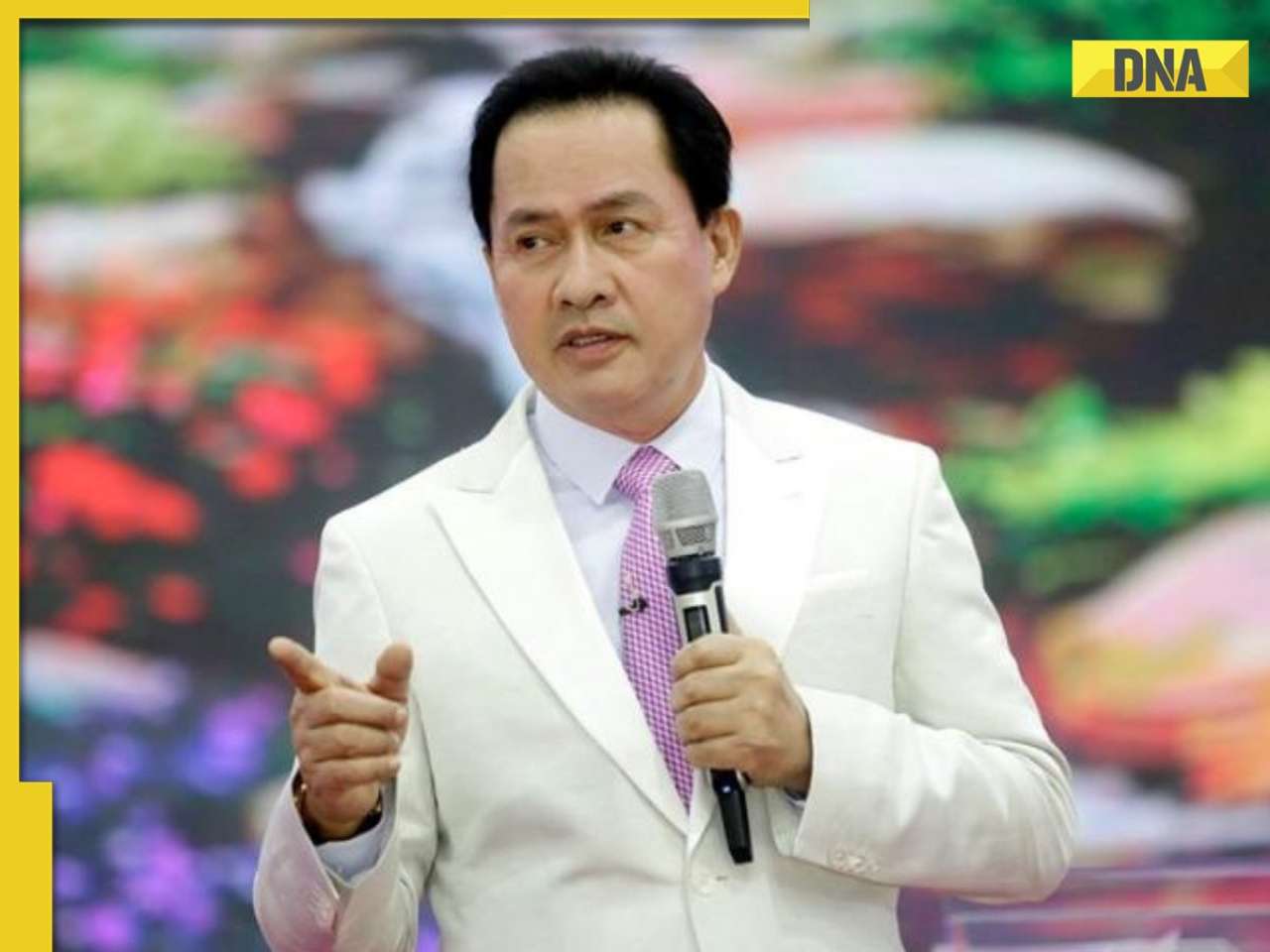





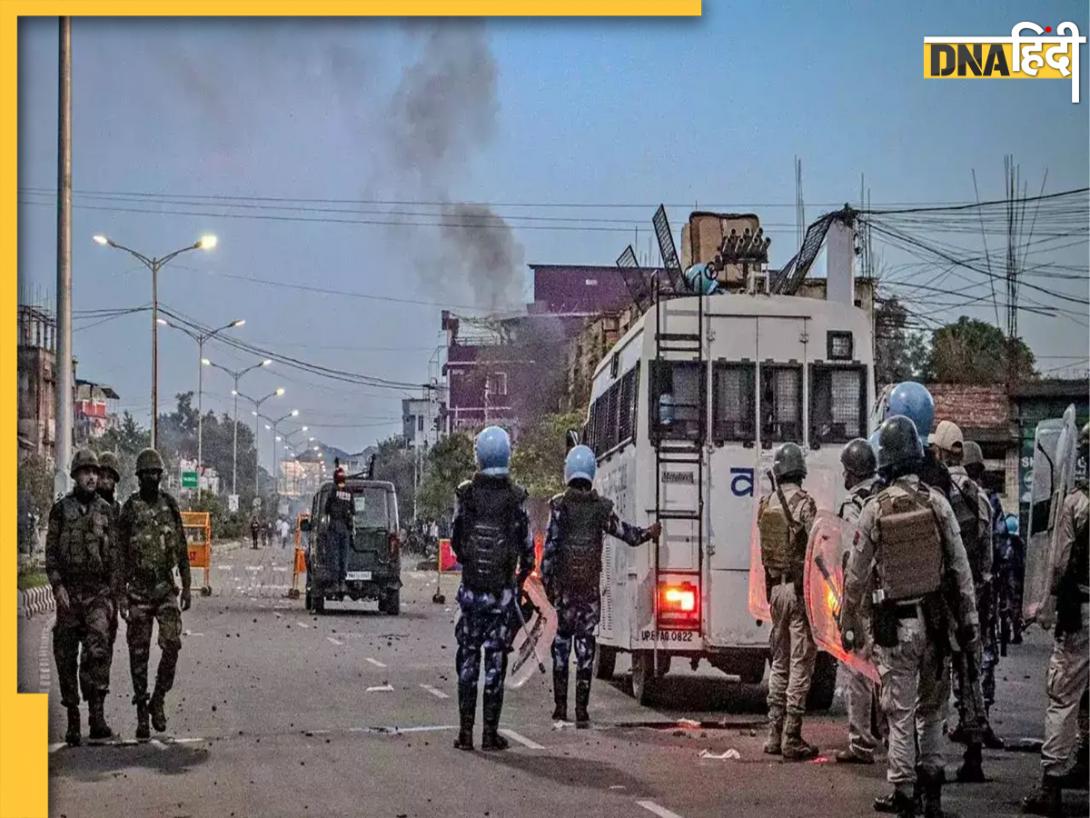
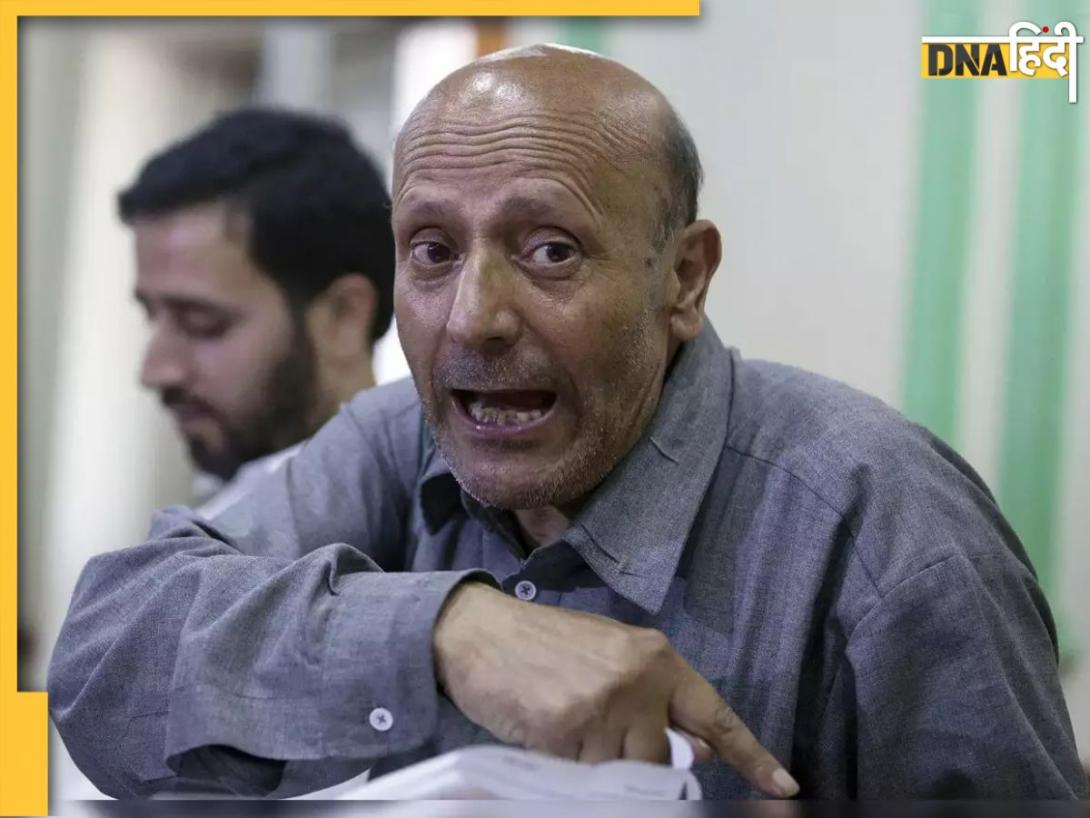
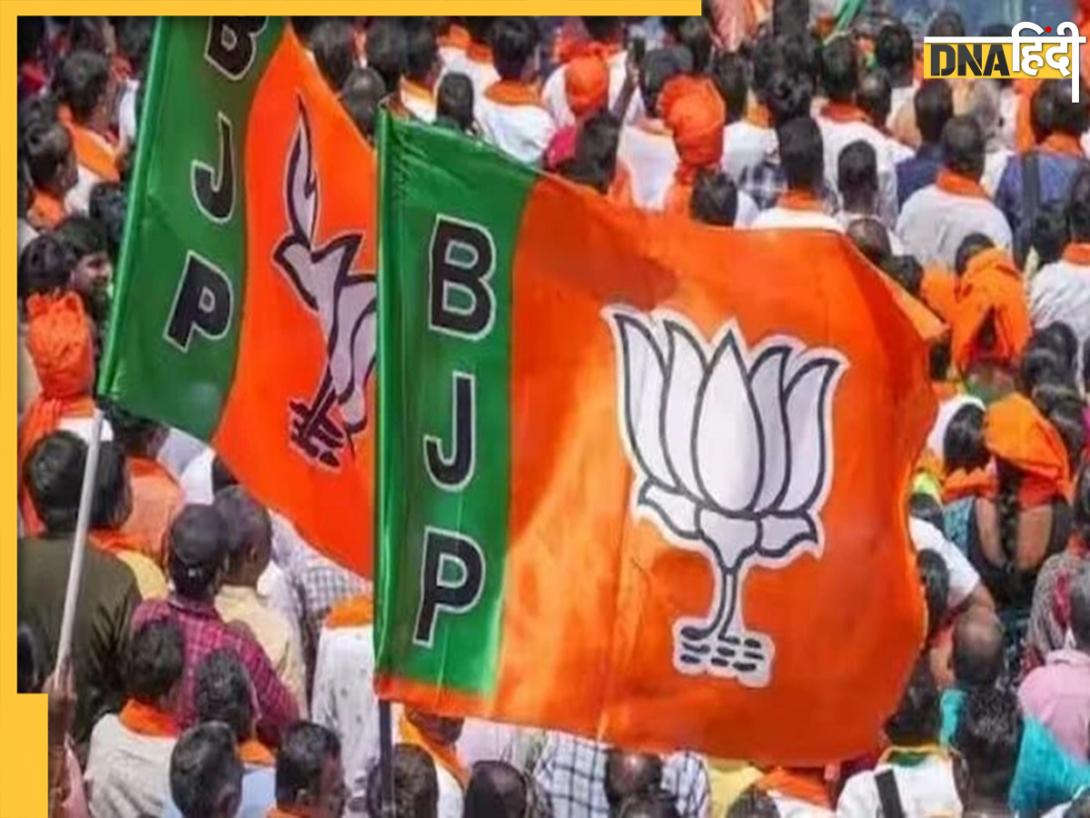

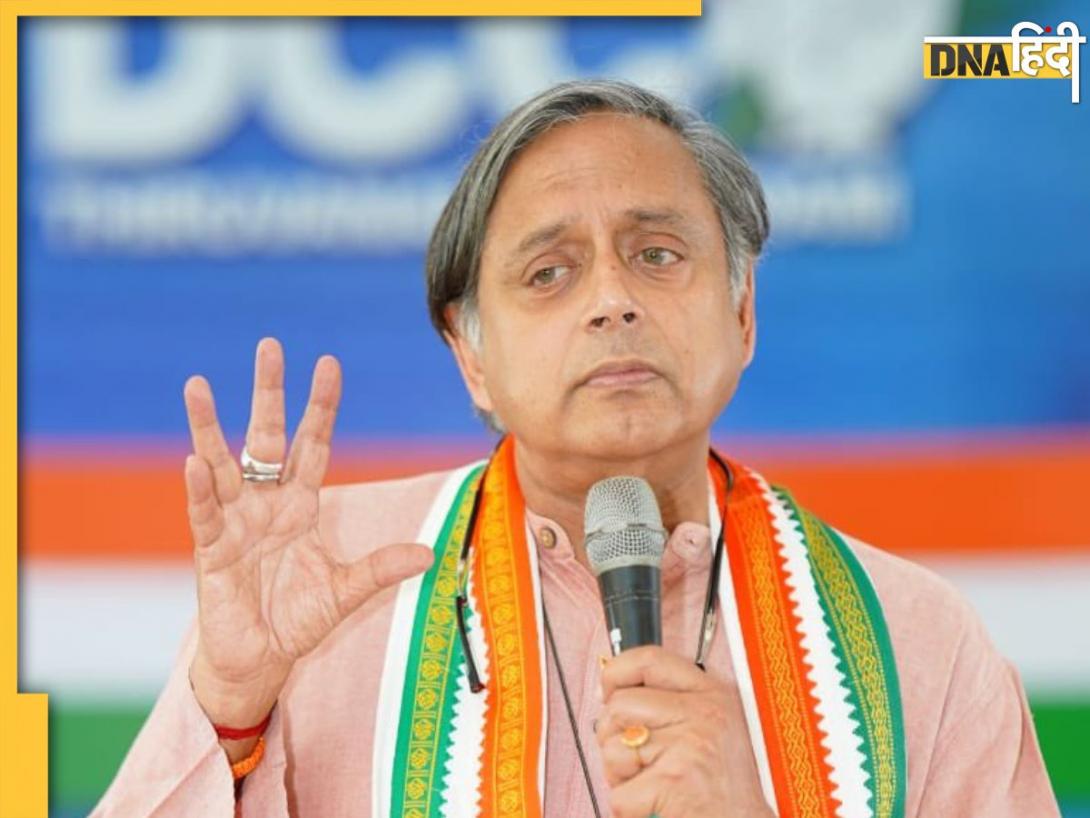


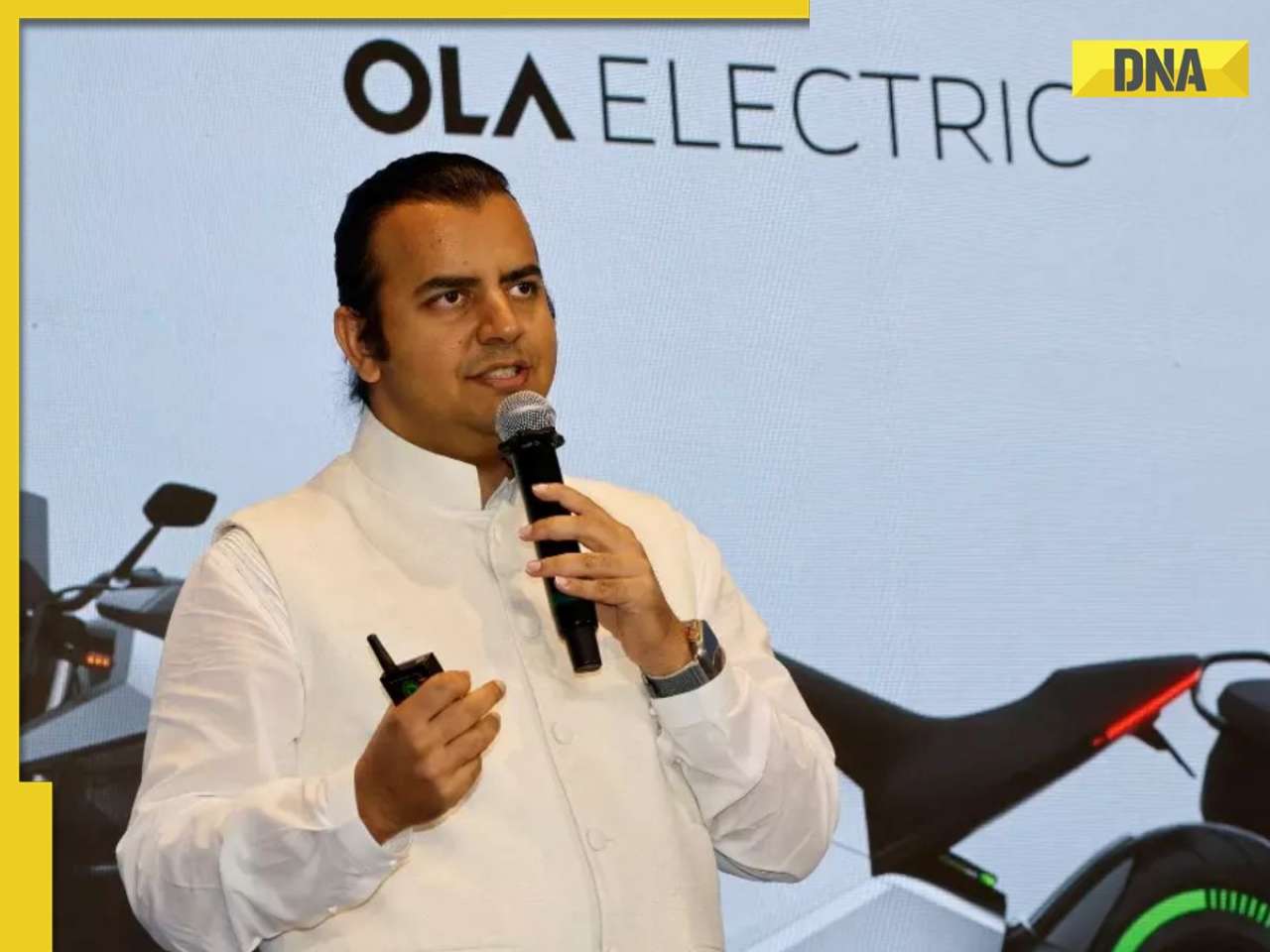


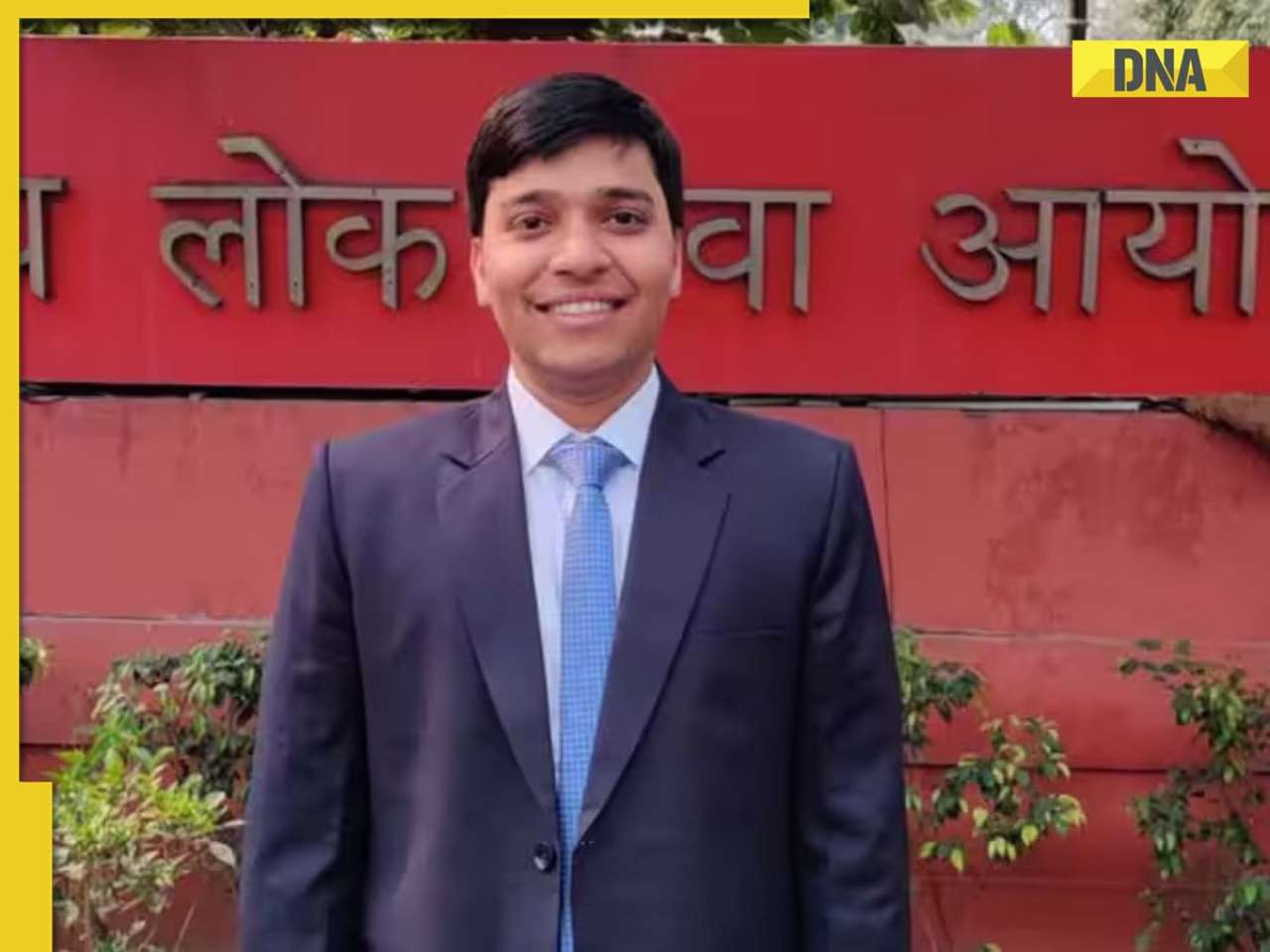

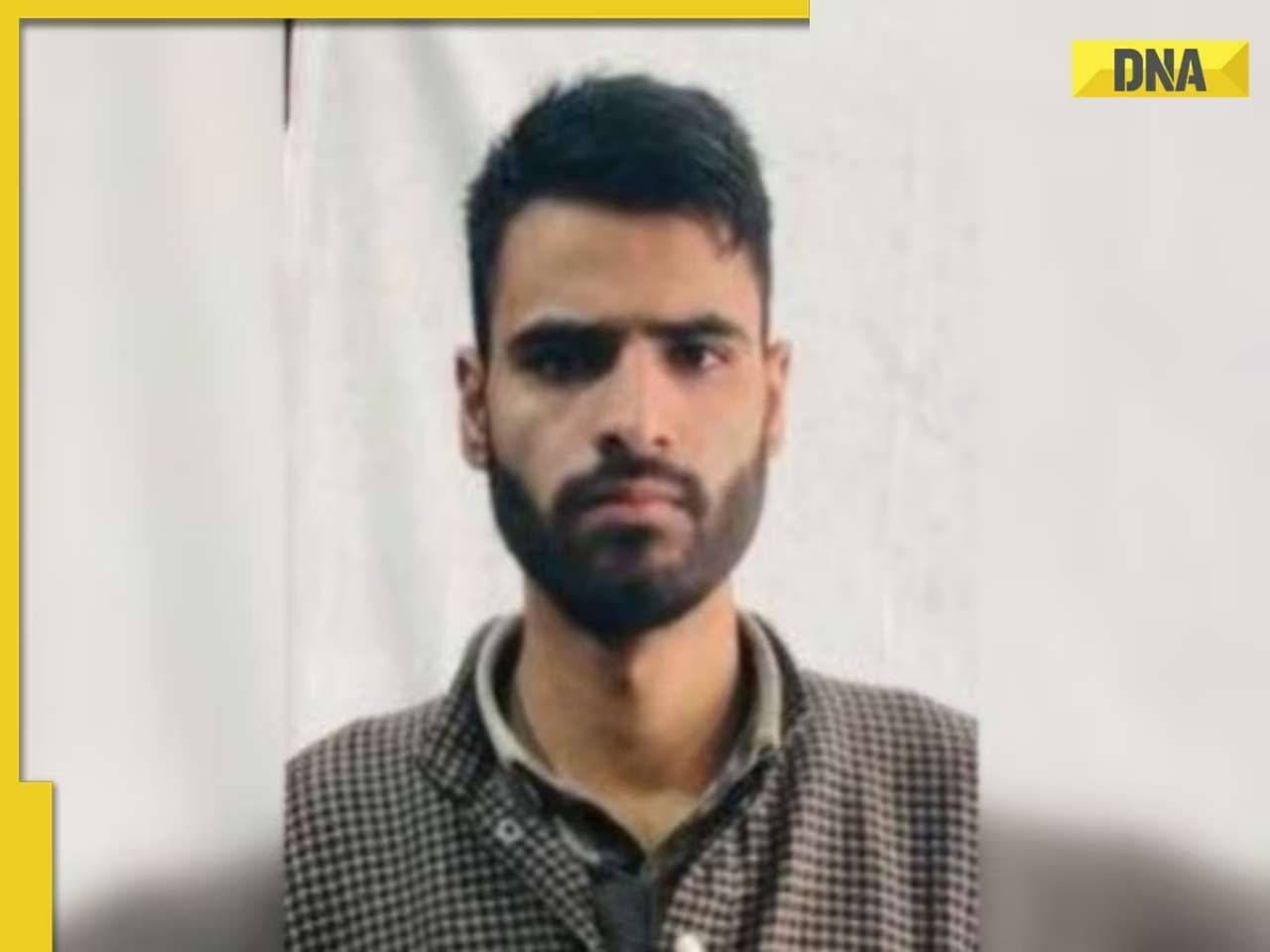


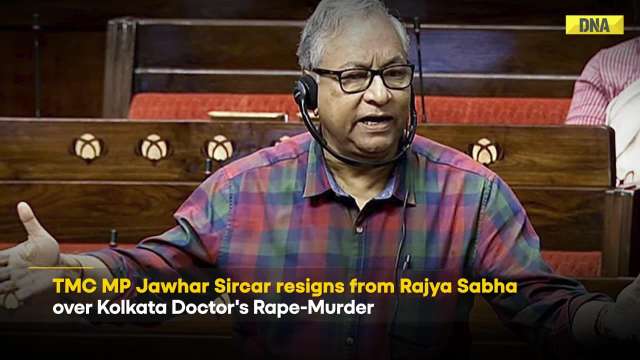

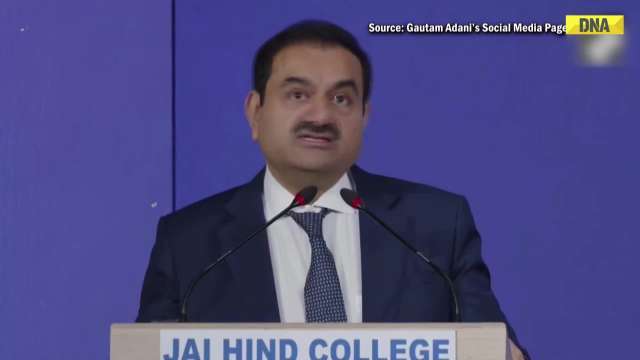

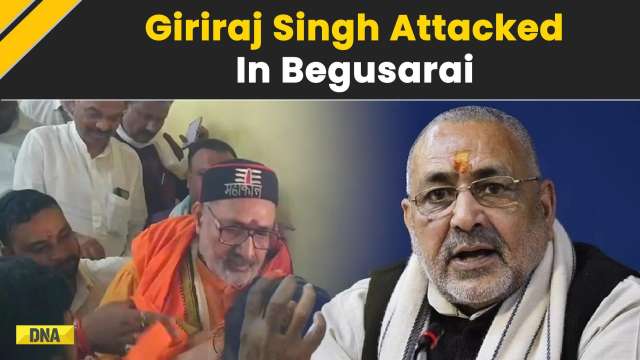
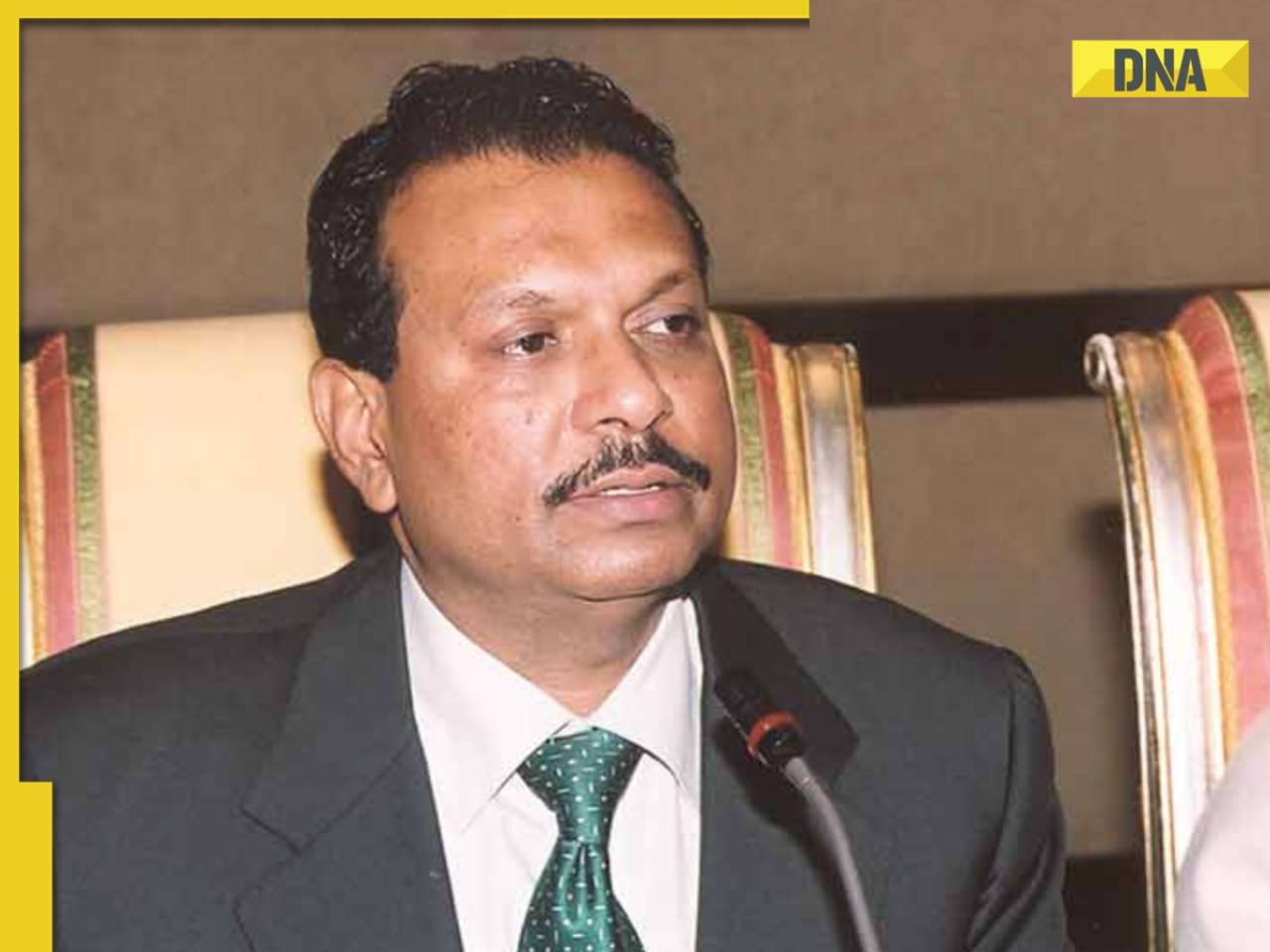
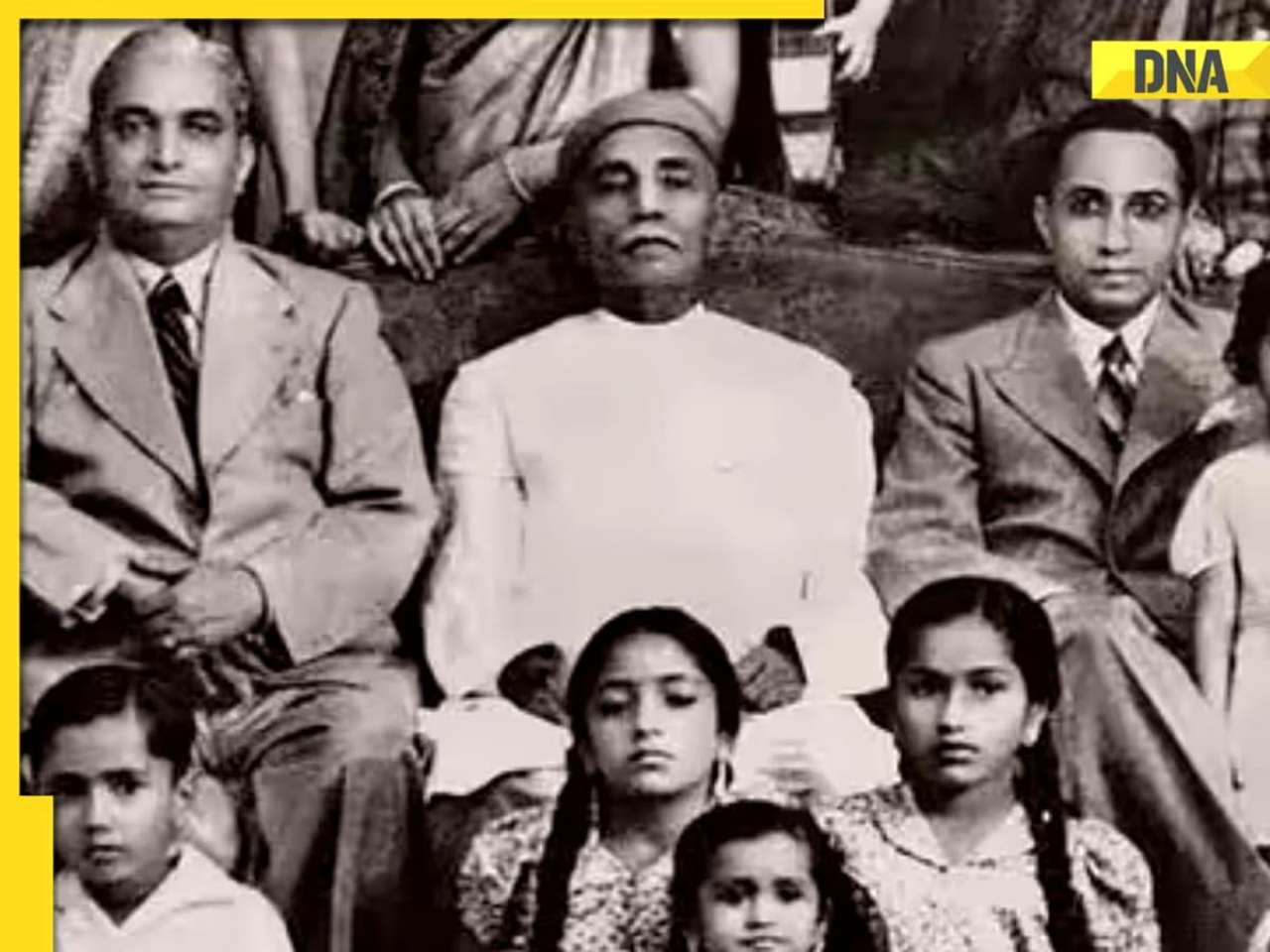







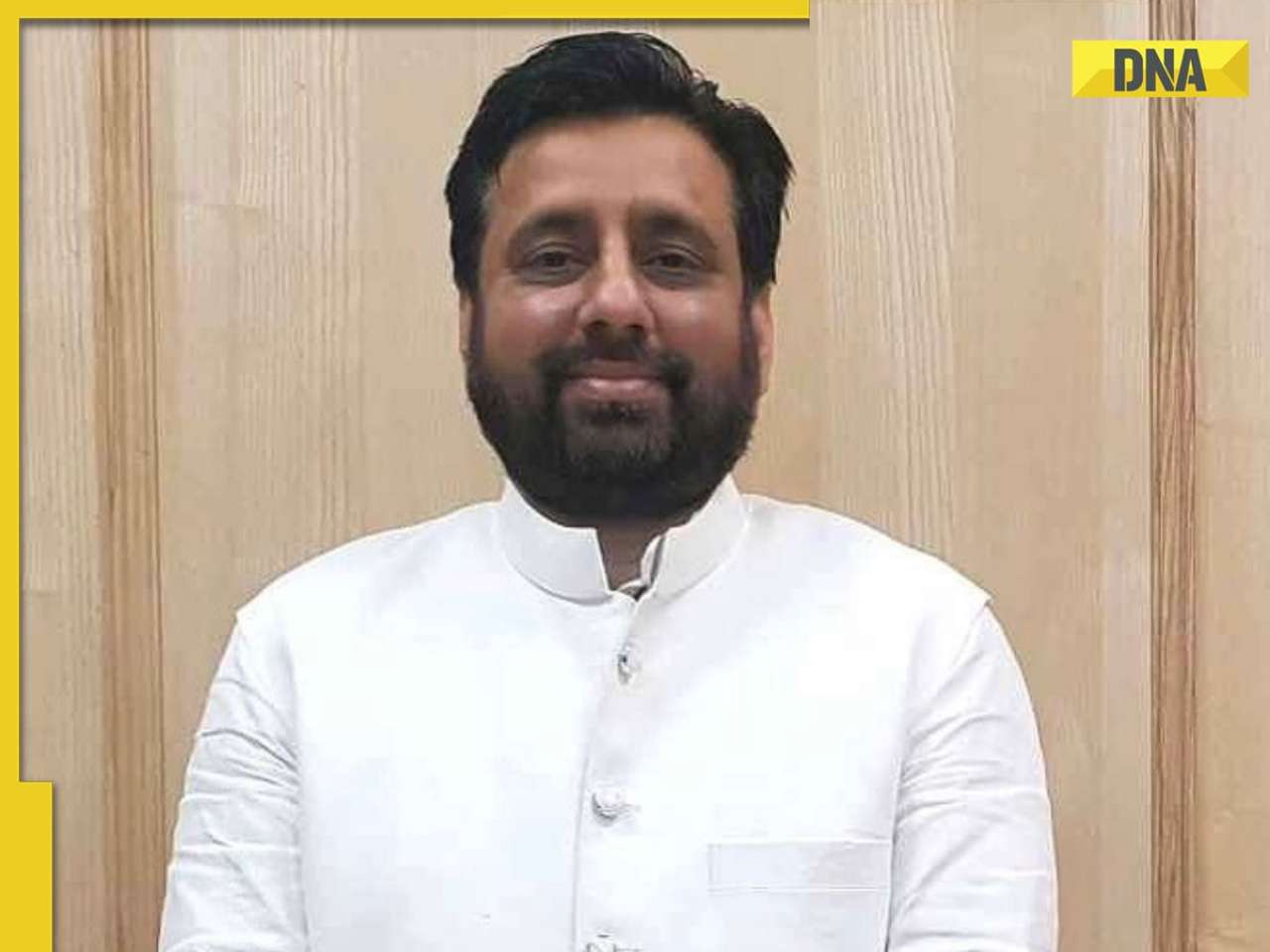




)
)
)
)
)
)
)
)
)
)
)
)
)
)
)





)
)
)
)
)
)